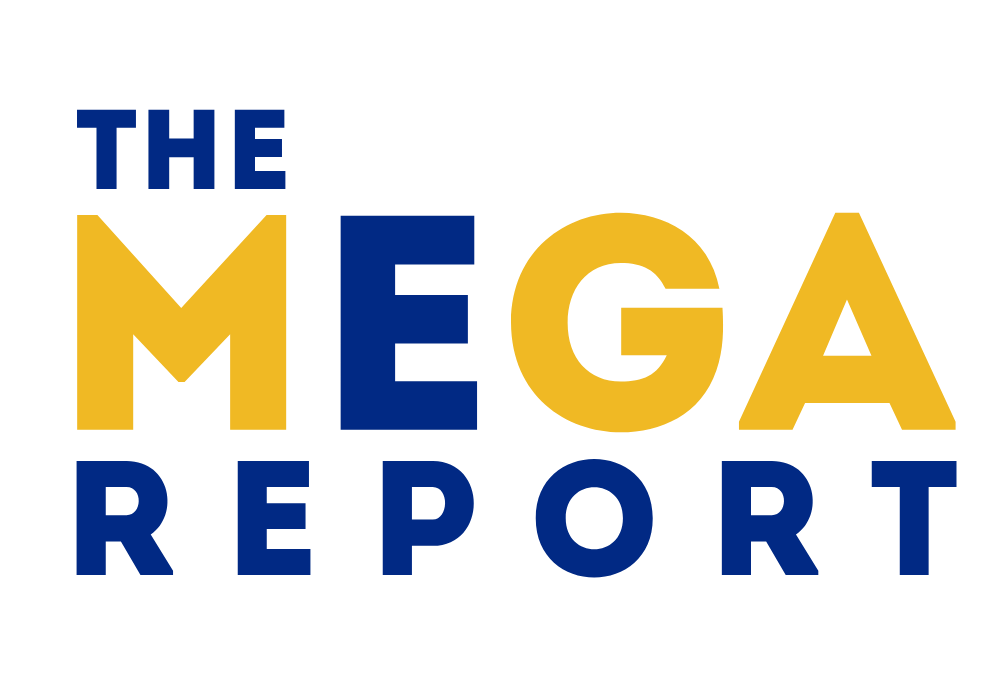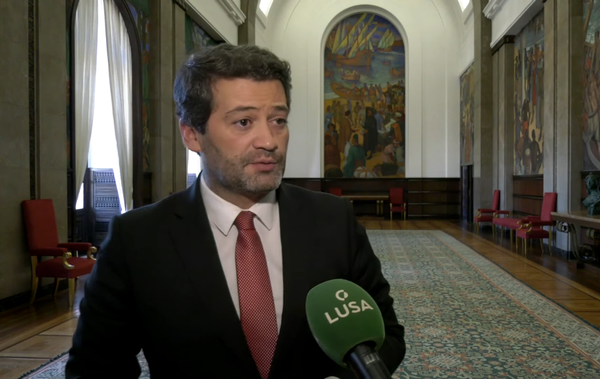AfD soars to historic high, surpasses CDU in latest polls
The Alternative für Deutschland (AfD) has hit an all-time high in recent polling, overtaking the long-dominant CDU/CSU — a watershed moment that signals the deep failure of mainstream conservatism in Germany.

Polls Show Dramatic Shift
In the latest INSA survey, AfD support rose another 0.5 percentage points to 26.5 %, while the CDU/CSU bloc fell to 24.5 %, slipping by half a point.
This marks the highest level of backing recorded by the institute for AfD — proof that the electorate is increasingly rejecting status-quo parties.
Meanwhile, the pool of voters saying they are “certain to vote” for AfD has grown considerably, reinforcing the solidity of their base.
Why the Surge?
The rise of AfD comes at a time of growing disillusionment with CDU/CSU leadership, especially under Friedrich Merz, whose attempts to court centrist policies have alienated the conservative core.
Voters feel betrayed: promises of border control, fiscal prudence, and cultural stability have largely gone unfulfilled. AfD has capitalized on this, offering a platform that emphasizes national sovereignty, anti-mass immigration, and resistance to Brussels overreach.
What This Means for Germany & Europe
AfD’s ascent transforms the political battlefield: the conservative corner in Germany is no longer held by the CDU/CSU — it’s now contested on AfD’s terms.
This shift matters far beyond Germany. A stronger AfD means more pressure on EU elites to respect national identity, resist forced integrations, and allow member states real breathing room on migration, social policy, and sovereignty.
Brussels should take note: when technocratic parties fail the people, alternatives will rise. And given the current state of Europe - they should. AfD’s record poll numbers are not just evidence of Germany’s discontent; they signal a wider turning tide across Europe.





